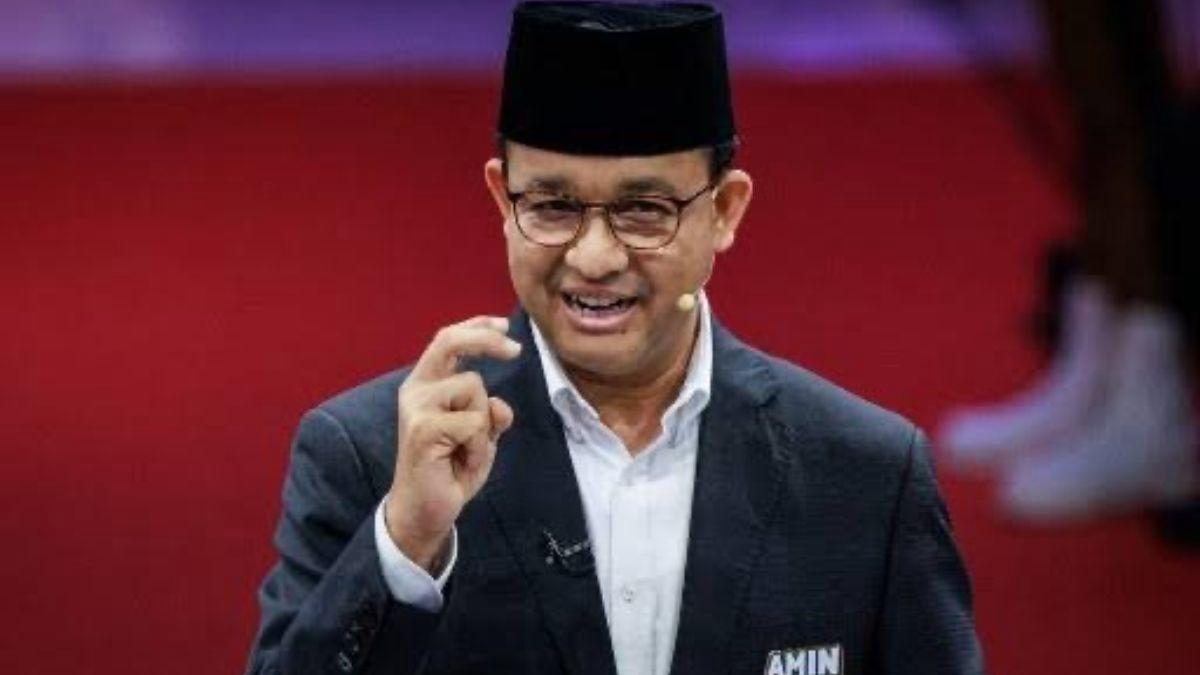In a recent surge of political activism, supporters of Anies Baswedan have mobilized to urge two major Indonesian political parties, the Indonesian Democratic Party of Struggle (PDI-P) and the National Awakening Party (PKB), to endorse Baswedan’s candidacy. This rallying effort reflects a growing momentum in Indonesia’s political landscape as the 2024 presidential election approaches.
The call for support comes as Baswedan, a former Jakarta governor and prominent opposition figure, seeks to solidify his position in the presidential race. His supporters are leveraging political pressure to secure endorsements from PDI-P and PKB, both of which hold significant influence in Indonesian politics. The backing of these parties could be pivotal in boosting Baswedan’s campaign and enhancing his appeal to a broader electorate.
PDI-P, led by Megawati Sukarnoputri, and PKB, chaired by Muhaimin Iskandar, are key players in Indonesia’s political scene. Their endorsement would not only provide Baswedan with substantial political leverage but also potentially shape the electoral dynamics by consolidating support from various voter bases. The supporters argue that an endorsement from these parties would signify a strong political alignment and strengthen Baswedan’s bid for the presidency.
The push for party endorsements is indicative of the intense competition and strategic maneuvering characteristic of Indonesian politics. With the presidential election drawing near, candidates and their supporters are actively seeking alliances and endorsements to secure a competitive edge. Baswedan’s campaign, characterized by its grassroots mobilization and strategic outreach, aims to position him as a viable alternative to other candidates.
As political tensions rise and election strategies unfold, the outcome of these endorsement efforts could have significant implications for Indonesia’s political future. Observers will be keenly watching how PDI-P and PKB respond to the calls for support and how these developments may influence the broader electoral landscape.

